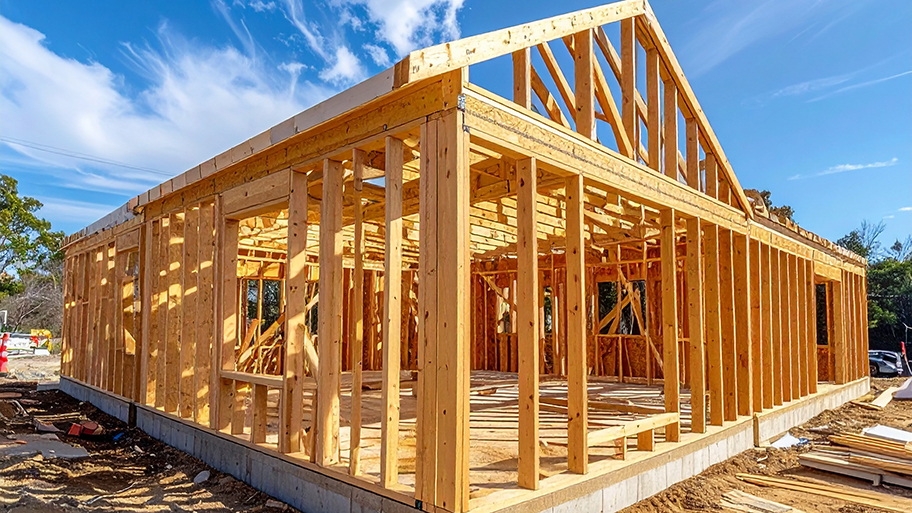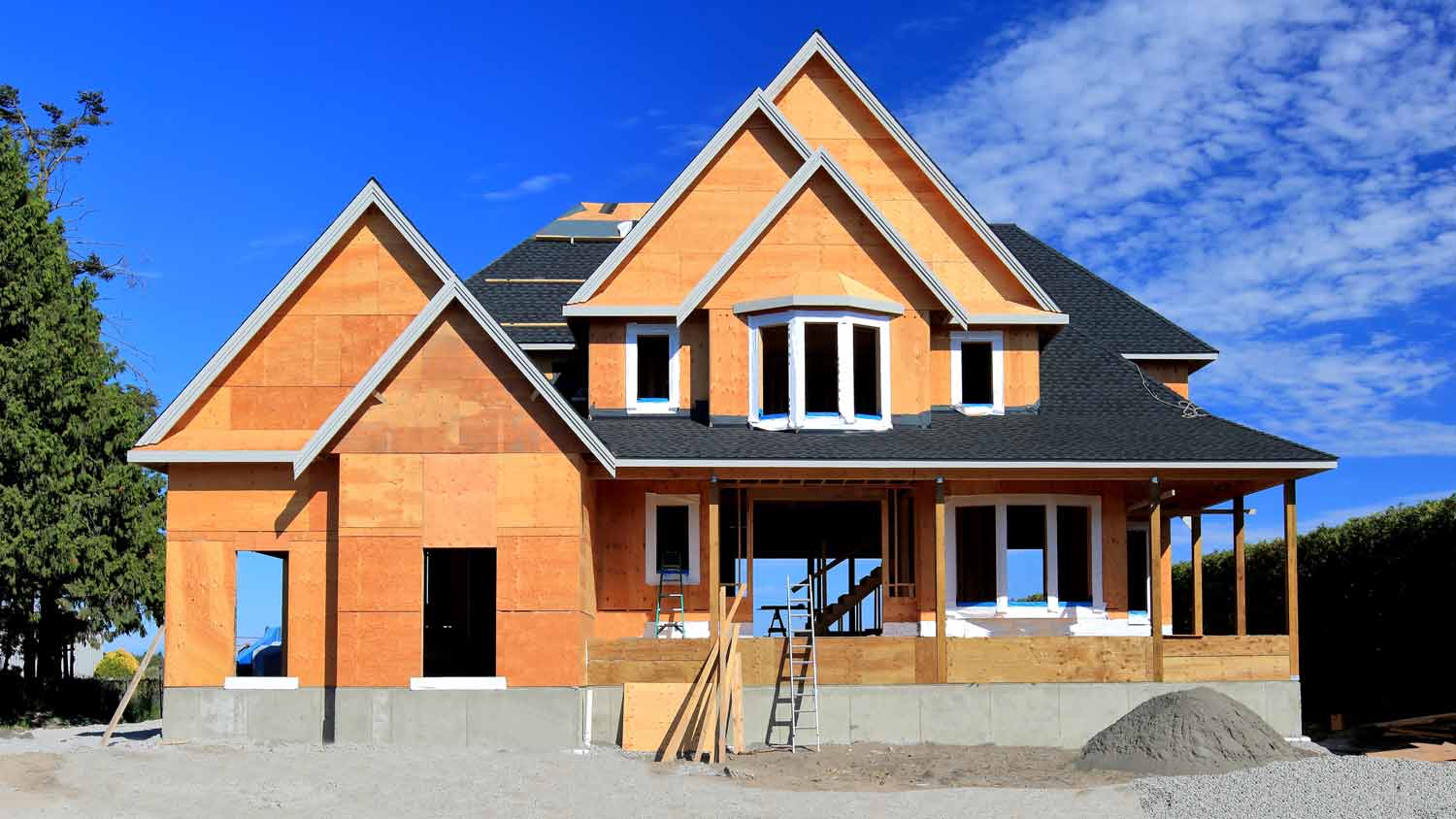
Curious how much general contractors charge per hour? Discover hourly rates, key cost factors, and tips to save on your next home project.
Obtaining a building permit is easier than you think


Your contractor should pull the permit; refusing to do so is a red flag.
The average building permit costs $1,650.
Not obtaining a permit can incur fees and jeopardize your insurance policy.
Embarking on a house project is nerve-wracking on its own, but understanding building permits and the costs associated with them? Just one more hurdle you must leap. But don’t sweat what could be a simple process!
When it comes to permitting the work, your contractor will usually include that cost in their project bid and obtain the permit themselves. For DIY projects, you can apply for a permit through your city, if you need one. Here’s what you need to know about paying for building permits—for any project!
A licensed, reputable contractor includes permitting as part of the project costs when they submit a bid for a job. Though you pay for the permit as part of your project cost, your contractor will pay the city and obtain the permit themselves. Going this route ensures your contractor is held liable for the work should a problem occur down the road. If you pull the permit, the responsibility falls on you.
A contractor who refuses to pull permits themselves, or claims it’s not necessary for them to pull the permits at all, is waving a definite red flag. If this happens, reconsider their involvement in your project.
Various state regulations require contractors to pull permits. California, for example, mandates that anyone who works on your home must be licensed by the Contractors State Licensing Board (CSLB) if the project is over $500. Check the requirements where you live before starting your project.
If your contractor is hesitant to pull a permit, there’s a good chance they’re either unlicensed or have had problems working with the city, both of which are bad signs.
A city inspector will inevitably visit your property to inspect the work, and when they do, they will direct their questions to the person whose name is on the permit. These questions can get pretty technical, so your contractor should be the one to answer them.
The bottom line when hiring a contractor? Do your research and check their:
Contractor licensing
Online reviews and recommendations
If someone gets injured on the job or costly repairs are needed later, a licensed contractor will bear the responsibility. Confirming important documentation can save you a headache down the road.
Permitting for DIY projects works a little differently because there’s not a contractor involved. Fortunately, permitting is a simple process. Just keep a few things in mind, like:
Not all projects require a permit; permitting ordinances vary by municipality
If your project needs a permit, you should apply for the permit through your city
Even DIY projects require a site plan to show proposed improvements to your property. A draftsperson or blueprint designer can help you create a detailed site plan.
Permit costs vary by city. Some cities charge 1% of the total remodel costs, while some charge a flat rate depending on the project.
The national average cost of a building permit is $1,650, but will vary greatly depending on where you live and the type of project.
Skipping the permit can be tempting in places where unpermitted work is commonplace. However, there is a whole slew of consequences that can come from not obtaining a permit, including:
Incurring fees or fines
Having your project shut down
Hosting an unsafe environment for workers
Losing your homeowners insurance coverage
Jeopardizing your ability to sell the home in the future
If your municipality finds out that you’re doing unpermitted work, they’ll require you to get a permit in addition to paying any fees associated with skipping this in the first place. It’s best to spend the money to acquire a building permit during your project planning stage. This way, you can avoid the hassle and keep your project safe: a win-win for everybody.
From average costs to expert advice, get all the answers you need to get your job done.

Curious how much general contractors charge per hour? Discover hourly rates, key cost factors, and tips to save on your next home project.

The cost to frame a house can vary depending on the size of your home, the structure you’re building, and your materials. Keep reading to learn how much framing your house might cost.

Brick walls can add character and elegance to interior and exterior spaces. Use this brick wall cost guide to see the price range for adding one to your home.

Build a strong and safe home of your dreams. Master the completion of a sturdy structure with these comprehensive steps on how to frame a wall for your home.

To make your home project stress-free, we’ve compiled a list of 12 questions to ask your contractor during every stage, from first contact to project wrap-up.

What is included in framing a house? This process involves framing the floors, walls, and roof. Contractors must follow a detailed building plan for success.